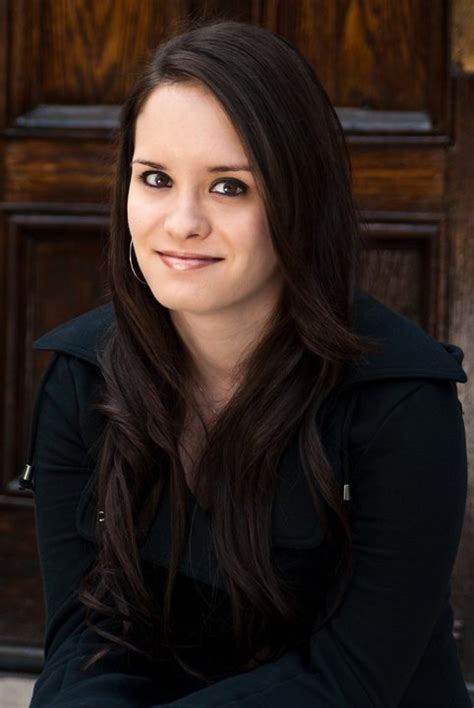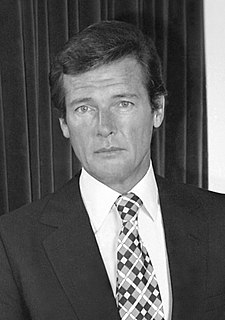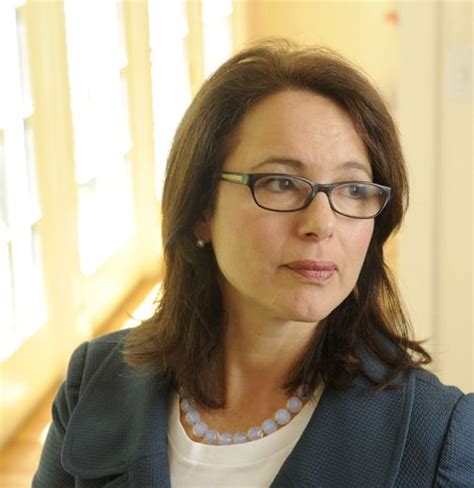A Quote by Rachel Kushner
I shy away from plot structure that depends on the characters behaving in ways that are going to eventually be explained by their childhood, or by some recent trauma or event. People are incredibly complicated. Who knows why they are the way they are?
Related Quotes
I see this with experienced writers, too: They worry so much about the plot that they lose sight of the characters. They lose sight of why they are telling the story. They don't let the characters actually speak. Characters will start to dictate the story in sometimes surprising, emotional, and funny ways. If the writers are not open to those surprises, they're going to strangle the life, spark, or spirit out of their work.
Fiction writers come up with some interesting metaphors when speaking of plot. Some say the plot is the highway and the characters are the automobiles. Others talk about stories that are "plot-driven," as if the plot were neither the highway nor the automobile, but the chauffeur. Others seem to have plot phobia and say they never plot. Still others turn up their noses at the very notion, as if there's something artificial, fraudulent, contrived.
I think trauma gets a reductive treatment. We tend to think only violence or molestation or total abandonment qualify as "childhood trauma," but there are so many ruptures and disturbances in childhood that imprint themselves on us. Attachment begets trauma, in that broader sense, and so if we've ever been dependent on anyone, I think there is an Imago blueprint in us somewhere.
Some people's lives seem to flow in a narrative; mine had many stops and starts. That's what trauma does. It interrupts the plot. You can't process it because it doesn't fit with what came before or what comes afterward. A friend of mine, a soldier, put it this way. In most of our lives, most of the time, you have a sense of what is to come. There is a steady narrative, a feeling of "lights, camera, action" when big events are imminent. But trauma isn't like that. It just happens, and then life goes on. No one prepares you for it.






































